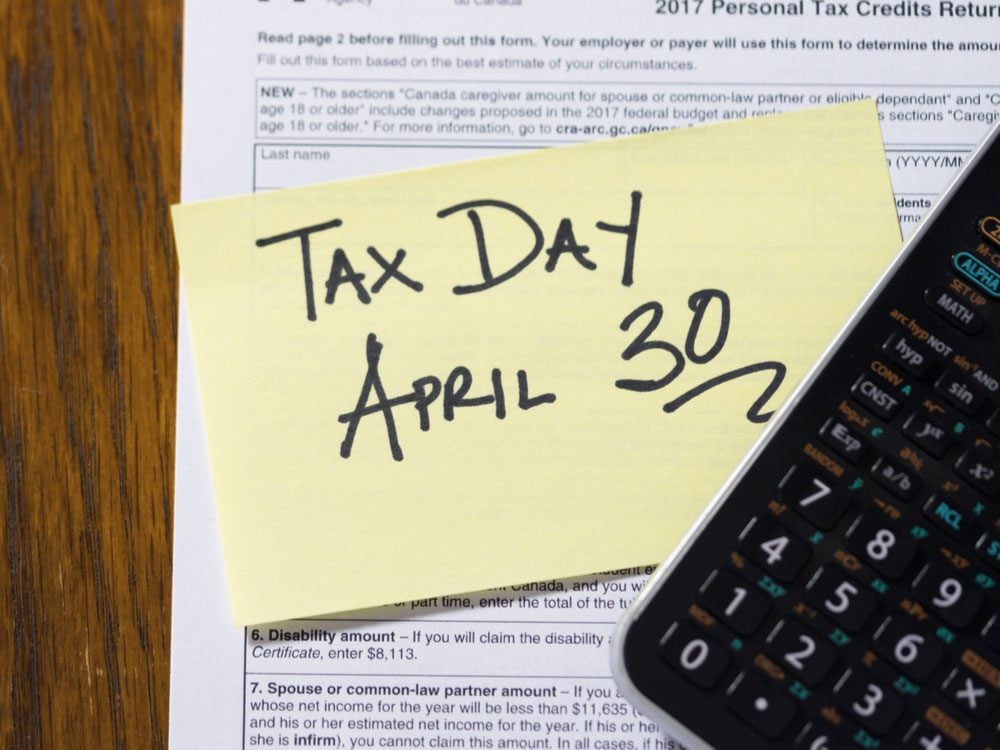
1. Get a Quick Refund After Filing Taxes
The holy trinity of quick refunds: file early, file online and opt for direct deposit. Some e-filing companies report turnarounds as short as eight business days.
Need a bit of motivation? Here are 4 Tips to Beat the Tax Filing Deadline!

2. Know the Downside of Prizes
Did you win a prize in a raffle at work or receive any gifts or rewards from your employer? If their value totals more than $500 a year, you’ll have to pay tax on them. An exception: frequent-flyer miles or loyalty points earned when using personal credit cards to book business travel—unless they’ve been converted to cash.
This woman put away over $40,000 with this cheap savings hack!

3. Filing Late Won’t Hurt Your Credit Rating
But it could lead to penalties and interest that will ratchet up the amount you owe the government. If you don’t pay that debt, the Canada Revenue Agency (CRA) can garnish your income or even get a court order to seize your assets.
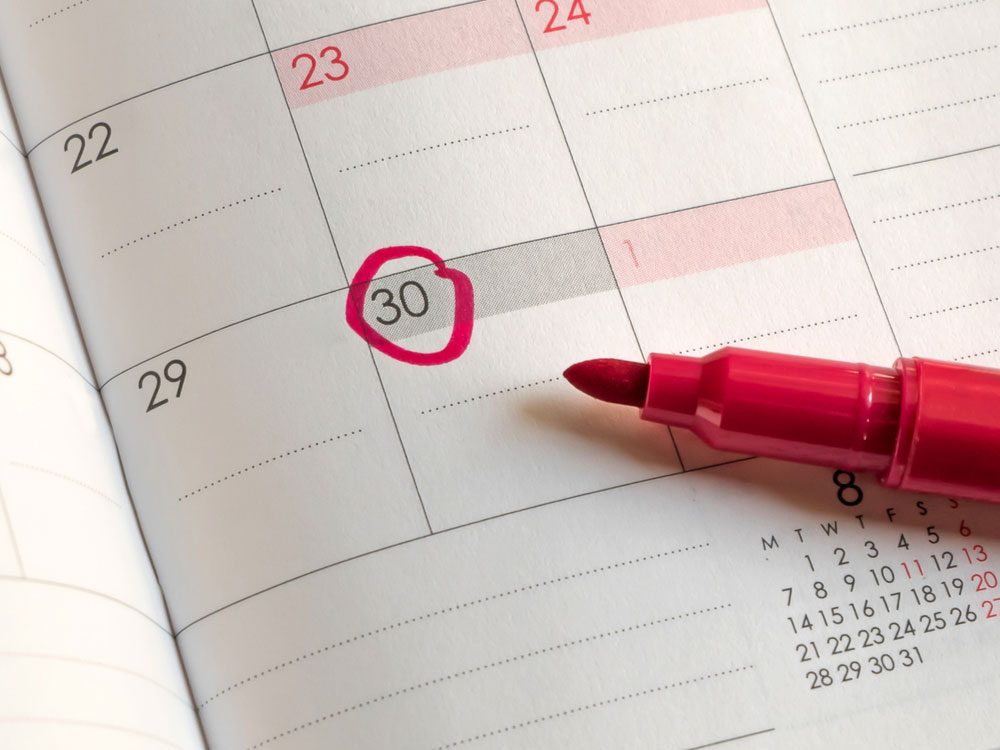
4. File Even If You Can’t Pay
While both failure-to-file and failure-to-pay penalties exist, the first is generally harsher. And don’t panic if you can’t pay what you owe: you may be able to work out a payment plan if you can prove that you truly don’t have the means. You can also have penalties and interest waived for financial hardship due to circumstances beyond your control, such as illness or job loss.
Check out 5 Ways to Get Out of Credit Card Debt!

5. Filing Taxes Can Be Free
If your income is modest—less than $30,000 annually for a single person or $40,000 for a couple—and your tax situation is relatively simple, volunteers can help you prepare your online income tax return for free. Clinics are usually held at community centres in March and April. Visit Canada.ca for details.
Milos Raonic shares the secret to saving 90 per cent of his income.
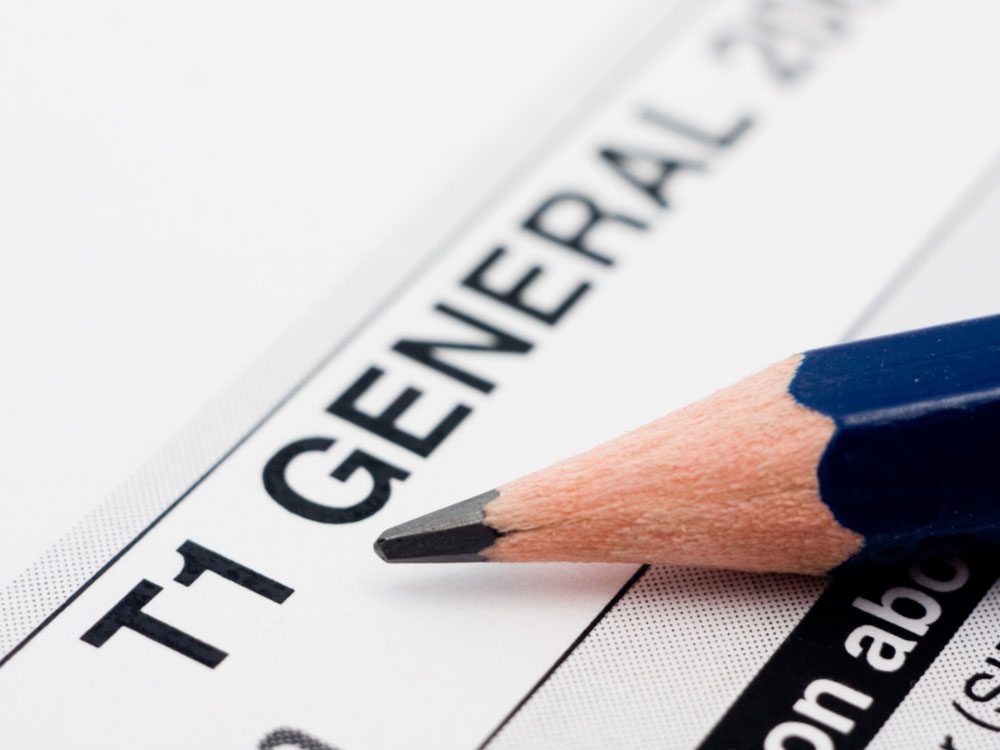
6. When Filing Taxes, Show Restraint
Itemizing can yield a bigger return, but be careful: too many deductions may increase your chances of being audited.
Feeling overwhelmed? Here’s How to Make Filing Tax Returns Easy!
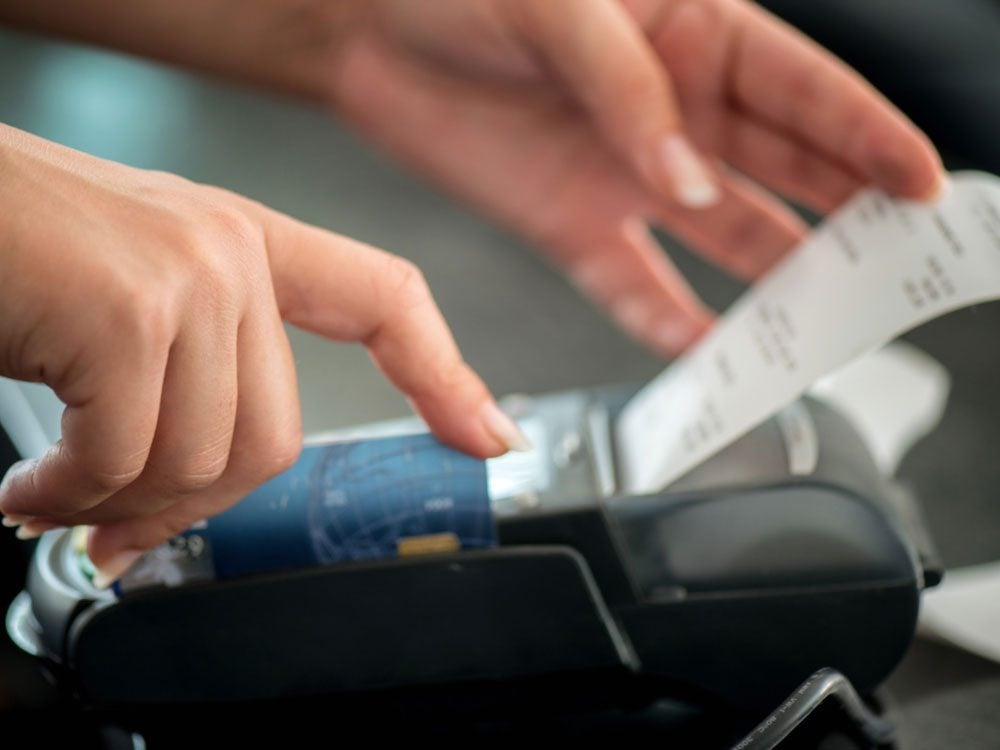
7. Keep Your Receipts…
One red flag that could get you audited? Excessive business deductions. The best defense is accurate records. If you drive for work, the MileIQ app will keep tabs on the kilometres you rack up. Meanwhile, apps such as Foreceipt allow you to take photos of receipts or scan your e-mail inbox to instantly log business expenses.
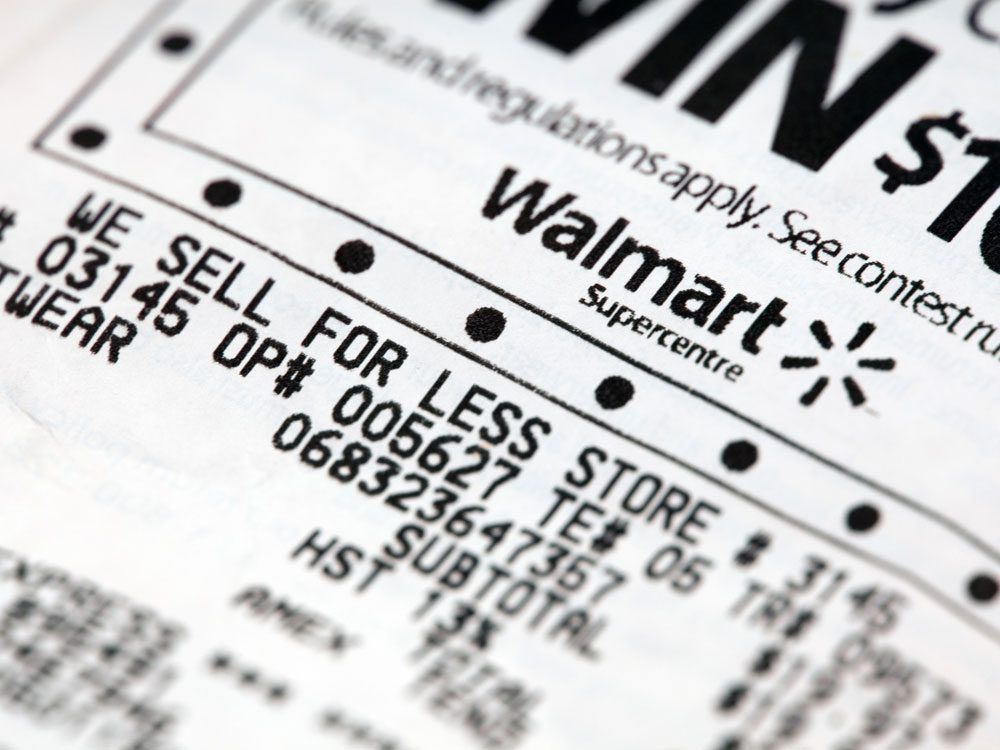
8. …For Longer Than You Think
Keeping those receipts (for six years) is crucial, says Shannon Mathieu, CPA at Whitehaven Accountants in Ajax, Ont. “People think that their credit or bank statements are enough, but they aren’t accepted as backup for the CRA,” she says. “Statements don’t show what the actual purchase was for.”

9. Know What to Get Back
You could get hundreds back by applying overlooked tax deductions. Claiming medical expenses—including prescriptions and dental visits—is allowed, for example, if they total more than $2,237 or three per cent of your income.

10. Caregivers Can Get Tax Cuts
Has an elderly parent moved in with you? Even if they’re still healthy, you can claim the caregiver amount, as long as they’re over 65 and have an annual income below $22,728.

11. Pensioners, Too
If you collect a pension, you’re allowed to split up to half of your eligible pension income with a spouse, shrinking your overall tax burden.
Make sure to to check out 5 Income Tax Tips For Seniors!
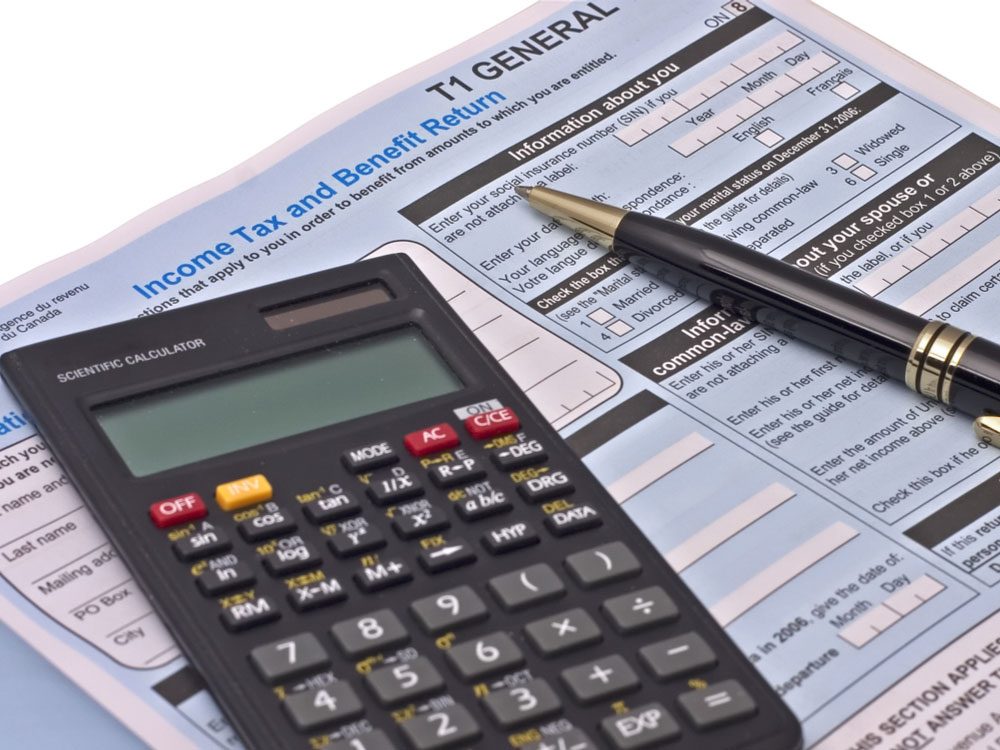
12. Avoid Rounding
To avoid an audit, don’t use round numbers—the CRA may assume you’re guessing on expenditures.
Protect yourself further with 6 Tips to Survive an Audit.

13. Know What to do if You Get Audited
If you do get a tax review notice (gulp!), don’t go it alone—hire an accountant or a tax attorney. “A professional can respond on your behalf with the right documentation and references,” says Mathieu. “This can help avoid a reassessment or a more in-depth audit.”
Our financial experts reveal 13 ways to max out the benefits of your credit cards.